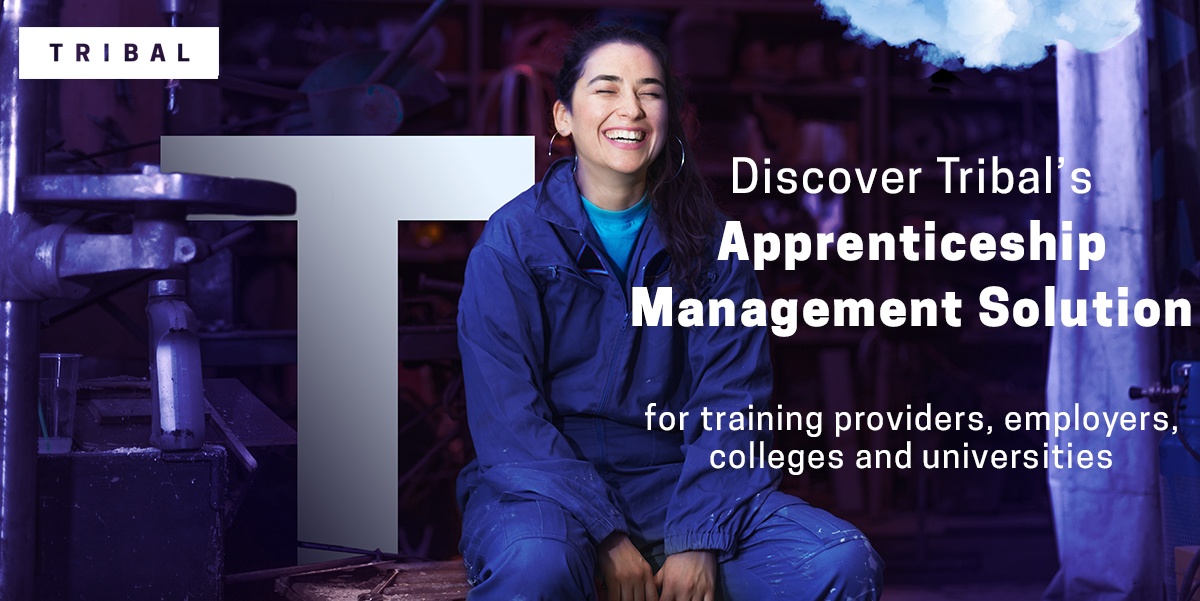The Apprenticeship Levy and 'Trailblazer Initiative' launched in May 2017, aims to encourage employers to recruit more apprenticeships and invest in apprenticeship programmes. Recent figures show that apprenticeship numbers are falling, but why is this?
Only 61% of employers eligible to pay the levy have signed up to use the apprenticeship service, meaning they are not currently investing their levy money into apprenticeships.
Do apprenticeship stereotypes play a part in holding back employers from investing in apprenticeships? Or, for the 61% that do have a levy account, have stereotypes influenced their programmes, marketing and business culture? We delve into the key apprenticeship stereotypes – and why in this new landscape they need to be challenged.
"Apprenticeships are for individuals who didn’t have the qualifications to attend university”
Since 2015, Degree Apprenticeships have allowed people to combine both academic studies at university and practical experience with employers. Degree Apprenticeships are a great option for primarily 18-19-year olds looking for a fast track into a wide range of careers. They also encourage individuals from disadvantaged backgrounds to benefit from education, by avoiding high university tuition fees and student debt. Apprentices can also come from employment and have many degrees under their belt, as long as they are taking on an apprenticeship in a different subject to their degrees.
“Apprentices are all teenagers”.
Apprentices can be any age, from 16 and above there is no age limit! If you are living in England and not in full-time education you could start an apprenticeship. If you’re aged 24 or above, you may be eligible for adult skills funding if you undertake an advanced-level apprenticeship or Higher Apprenticeship. Apprenticeships can open doors for those who feel they are struggling to get back to work for a variety of reasons, they can play a huge part in helping raise employment figures around the UK.
"Do apprenticeship stereotypes play a part in holding back employers from investing in apprenticeships?"
“An apprentice won’t know how to represent my business”
An apprentice can come from within your teams, you may know someone who is wanting a new opportunity within your organisation, it might even be yourself! Hiring an apprentice internally can ensure they know your brand and business, but don't underestimate the power of investing in a new starter. In the future, it could be the case that an apprentice would remain more loyal to your organisation, because you gave them the experience which helped start their career within the industry.
“Apprenticeships are only for technical industries”
There are apprenticeship frameworks or standards for apprenticeships within a variety of industries and by 2020 the UK Government aims for all frameworks to be moved over to standards. Trailblazer groups are made up of employers who work together to design new apprenticeship standards for occupations within their sectors, with new groups forming all the time. Current apprenticeship standards include hairdressing, accounting, retail management, manufacturing, events assistants...the options are endless! See our blog post ‘10 on-the-job training roles for career success’.
"Only 61% of employers eligible to pay the levy have signed up to use the apprenticeship service"
“Apprentices do the jobs others don’t want to do.”
Providers of apprenticeships must adhere to strict guidelines of what an apprentice needs to achieve in their time with the business. Apprentices must learn job-specific skills and work with experienced staff to learn and enhance their skills. Apprenticeships must also last for at least a year and can last up to five years depending on the level the apprentice is studying. Apprentices are valued members within these teams and can have a lot to bring to the table when it comes to their skills and knowledge, their contribution is not to be overlooked.
A new era of apprenticeships is here, and there is an opportunity for employers to train a workforce that’s right for their industry. The old apprenticeship stereotypes must be challenged for the full effectiveness of the new apprenticeship initiatives to be realised. Changing how we communicate and think about apprenticeships will attract more people to be apprentices, and influence the workforce of the future. We have created a free guide for employers to help them navigate both the challenges and opportunities that apprenticeships bring.




